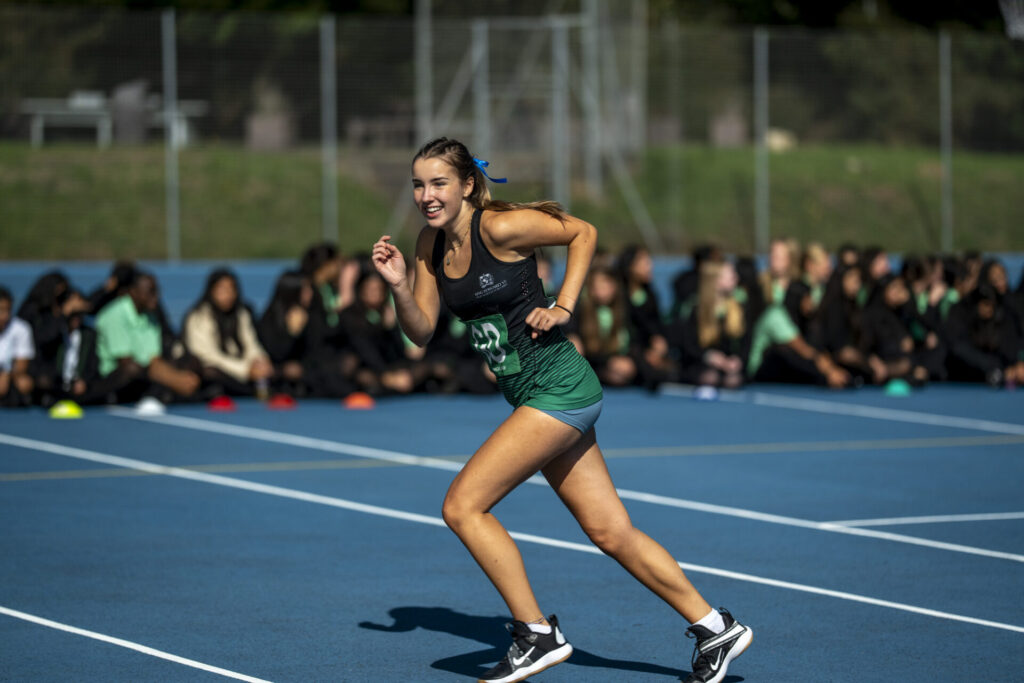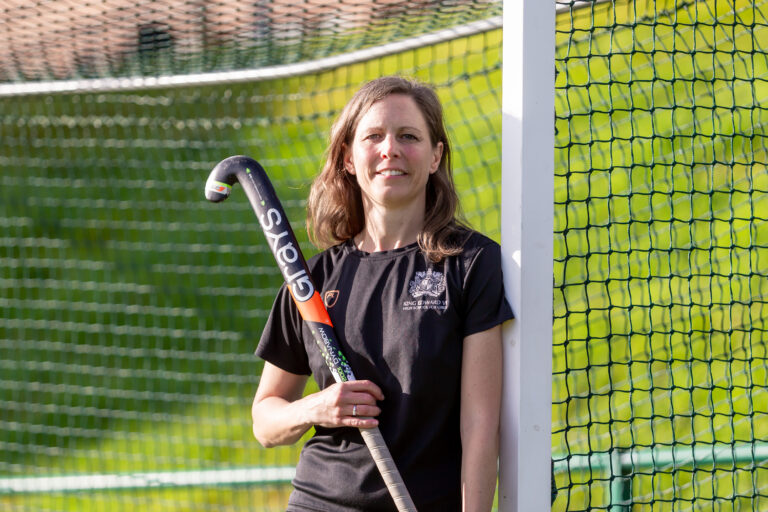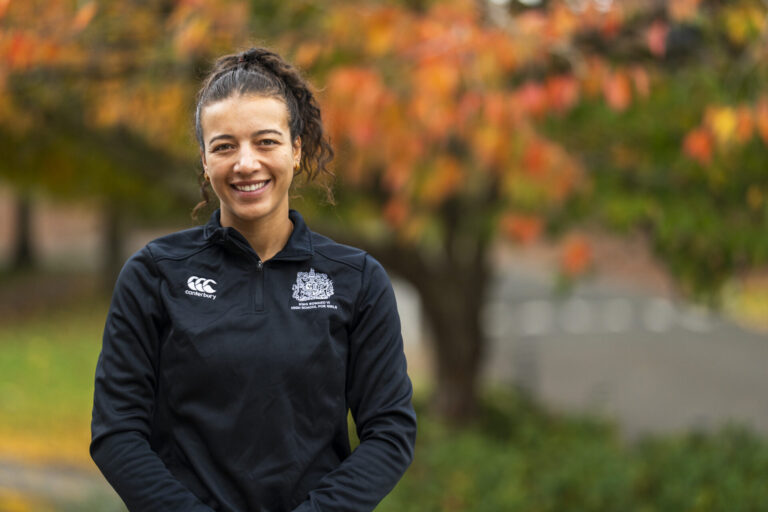PE

KEHS is nationally recognised for its outstanding sport provision, offering exceptional facilities and coaching across a wide range of sports.
Our staff bring elite-level expertise to every session. Ranked among the top 30 sporting schools in England (School Sport Magazine, 2024) and named one of the UK’s top 20 all-girls school for cricket by The Cricketer, KEHS provided opportunities for every pupil – whether competing at a national level or participating for enjoyment.
Major sports include hockey, netball, dance, gymnastics, swimming, fitness, cricket, tennis, athletics, badminton and football.
In Lower School, pupils will focus on a particular activity for six weeks to develop their basic skills and understanding. They will spend each half-term in a different sporting activity, and each class will have two double lessons of PE per week in Years 7 and 8. This is reduced to one period per week from Year 9 onwards. There are an abundance of sports clubs available every day, with some sessions before school, at lunchtime, and after school.
GCSE PE is a combination of physical performance and academic challenge. It provides an exciting opportunity, encouraging students to immerse themselves in the world of sports and PE, giving them the chance to perform and delve into the how and why of physical activity and sport.
Pupils will study the following areas:
- Applied anatomy and physiology
- Movement analysis
- Physical training
- Use of data
- Sports psychology
- Socio-cultural influences
- Health, Fitness and Wellbeing
Please note all pupils will continue with core PE, where they will further develop their skills in Basketball, Badminton, Yoga and make use of the Fitness Suite.
A Level Physical Education is a demanding and rewarding course that is highly regarded by UK universities, including those in the Russell Group; it will prepare you for further study in sports science and will complement medical-related degrees. It will support university applications in a wide range of subjects including the sciences, social sciences (such as Psychology and Sociology) and humanities.
A Level PE is a varied course. Over the two years, you will do the following (amongst other things):
- Examine the frustration-aggression hypothesis and how this influences athletes’ performances
- Study the biomechanical principles of linear motion through Newton’s laws of motion, and then use this knowledge improve your own or others’ sporting performances
- Debate the ethics of performance-enhancing drugs
Investigate how advances in sports technology are influencing the production of Nike shoes.
The AQA specification has both a theoretical and a practical dimension. The theoretical side splits into seven areas:
- Applied Anatomy and Physiology
- Skill Acquisition
- Sport and Society
- Exercise Physiology
- Biomechanical Movement
- Sport Psychology
- Sport and Society and the Role of Technology in Physical Activity and Sport.
Meet the Head of Department
Mrs Blanks
Mrs Blanks is the Director of Sport at King Edward VI High School for Girls. She has a BA (Hons) in Sport & Recreational Studies from the University of Birmingham and over 150 international hockey caps for England and Great Britain. She captained England to a Silver Medal at the 2002 Manchester Commonwealth Games.
She is passionate about getting students involved and active in an inclusive environment. She believes that sports can develop girls’ confidence, physical competence, connection with others, and character. Mrs Blanks is committed to providing all students with the opportunity to participate in sport and to reach their full potential.

Meet the Head of Academic PE
Miss Mckee
Miss Mckee is the Head of the Academic Physical Education. She has a BSc (Hons) in Sport Management from the worlds leading sporting university, Loughborough. Miss Mckee captained the Loughborough Lightning National Performance League netball team whilst at university and now plays in the Premier League Division 3 for Ryland Netball Club. She has worked at schools in the Midlands as a netball specialist before moving to Putney High School where she won her first national title with the U14 squad.
Miss Mckee has been involved with elite level as well as grass root netball coaching and is very passionate about not only netball but sport on a whole. Miss Mckee is a big advocate for the positive impact physical activity can have on students’ physical, mental, and social development and enjoys the opportunity to explore further through the AQA curriculum.

Celebrating sporting excellence
Our pupils demonstrate exceptional skills, commitment and teamwork across a wide range of sports – earning places in national cup finals and bringing home medals. From indoor cricket to fencing, their achievements reflect the strength of our PE programme and the dedication of both staff and pupils.
Explore some of our impressive results:
- Indoor cricket: U13 National Finalist (May 2024) Top six in the country
- Badminton: U14 National Finalist – Bronze Medal (April 2024) Top three in the country, U16 National Finalist – 4th Place (March 2025), National Cup Winners (March 2025)
- Tennis: U14 National Finalist – Bronze Medal (November 2024) Top four in the country
- Netball: U15 Netball National Shield Finals – 3rd place (March 2024), U13 Netball National Cup Finals – Top four in the country (February 2025)
- U14 National Finalist – Top ten in the country (March 2025), also the team made the National Finals for the Bowl and Shield
- Fencing: National Trophy winners (2025)
- Squash: National Finalists (2024)
- Swimming: In October 2025, the school qualified for the National Swimming Finals – our first time since the 1990s. A huge achievement for the team!
Beyond the classroom
The Department encourages all pupils to participate in the co-curricular programme. There is a wide range of activities to choose from, and pupils can participate on a recreational or competitive basis. We have weekly fixtures against schools both locally and further afield, and we also compete in a variety of competitions. Throughout the autumn and spring terms, we work towards a dance production that involves over 150 pupil from the entire school.


